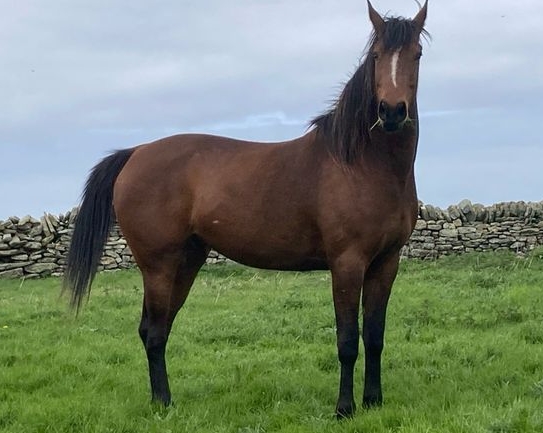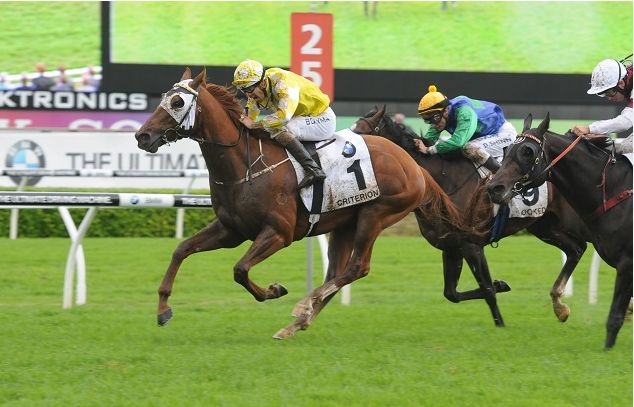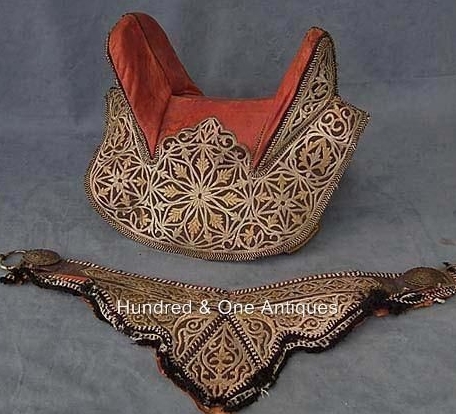Equestrian Done Deal: Understanding the Basics of Buying and Selling Horses
In the world of equestrianism, the process of buying or selling a horse can be both exciting and complex. Whether you’re a seasoned rider or a first-time buyer, understanding the ins and outs of making an equestrian deal can help ensure a successful partnership with your equine companion. This guide will break down key aspects of the process and provide helpful tips to navigate your equestrian journey.
Understanding Horse Sales Contracts
One of the most crucial elements in any horse transaction is the sales contract. This legal document outlines the terms of the sale and protects both the buyer and the seller. It should detail the horse’s pedigree, health information, and any included equipment. Additionally, it’s vital to include provisions for what happens in case the horse is found unsuitable after the sale. A well-structured contract can prevent misunderstandings and foster a smoother transaction, making both parties feel secure in their agreement.
Conducting Horse Inspections and Trials
Before finalizing any deal, it’s important to conduct thorough inspections and possibly a trial period with the horse. This two-step process helps ensure that the buyer and horse are a good match. During an inspection, you should check the horse’s physical condition, functionality, and temperament. A trial period allows the buyer to ride the horse, assess its suitability for their needs, and observe its behavior under different circumstances. Both steps are essential to avoid potential heartbreak later down the line.
Financial Considerations in Horse Transactions
Buying a horse is a significant financial commitment, so understanding all associated costs is essential. Beyond the initial purchase price, think about ongoing expenses such as boarding, feeding, veterinary care, and training. Additionally, consider the costs of equipment, insurance, and any necessary veterinary checks prior to purchase. Creating a budget that accounts for both immediate and long-term expenses will help you make informed decisions throughout the buying process. This way, you can enjoy your new equestrian friend without the stress of unexpected costs.
Conclusion
Engaging in an equestrian deal can be a rewarding experience, but it’s important to approach it with careful consideration and informed judgment. By understanding contracts, conducting thorough inspections, and budgeting wisely, you can ensure a successful and fulfilling relationship with your equine partner. Whether you’re looking to buy or sell, take the next step and dive deeper into the wonderful world of equestrianism. Happy riding!



